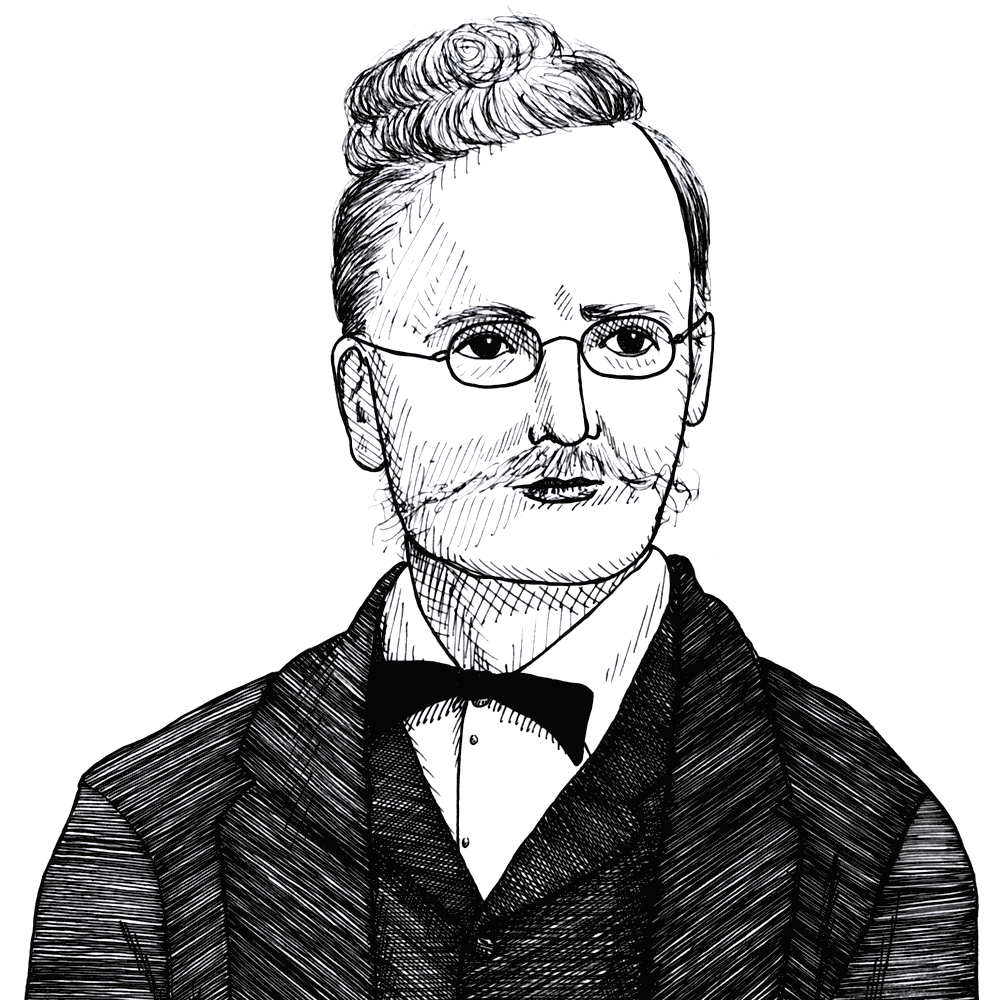
Wicksteed on the subjective theory of value and on opportunity costs (1910)
Found in: The Commonsense of Political Economy
Philip H. Wicksteed (1844-1927) was a pioneer English economist who made contributions to the development of a subjective theory of cost. In this example of a shopper going to market, he not only correctly discusses how she has ranked the desirability of purchasing each item according to her own subjective preferences, but she also is aware of the opportunity costs of purchasing food instead of some other good:
Economics
We have seen that the skilful marketer has a portion of her scale of preferences definitely and even minutely present in her consciousness as she enters the market. She knows with considerable nicety the terms on which this or that alternative purchase is preferable, and the immensely complex system of combinations which can be commanded by the money she has to spend is fairly well under her ken. She may therefore come out of the marketplace having done something like the best that was possible with her money. But in order for this result to represent the most effective administration of her resources in general for all the purposes of her life, other opportunities than those of the market in which she actually stood must also have been present in her mind with adequate preciseness; for her total expenditure in the market-place is not rigidly fixed in advance.